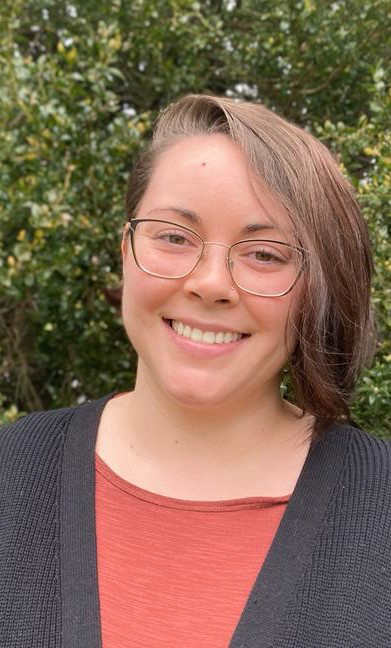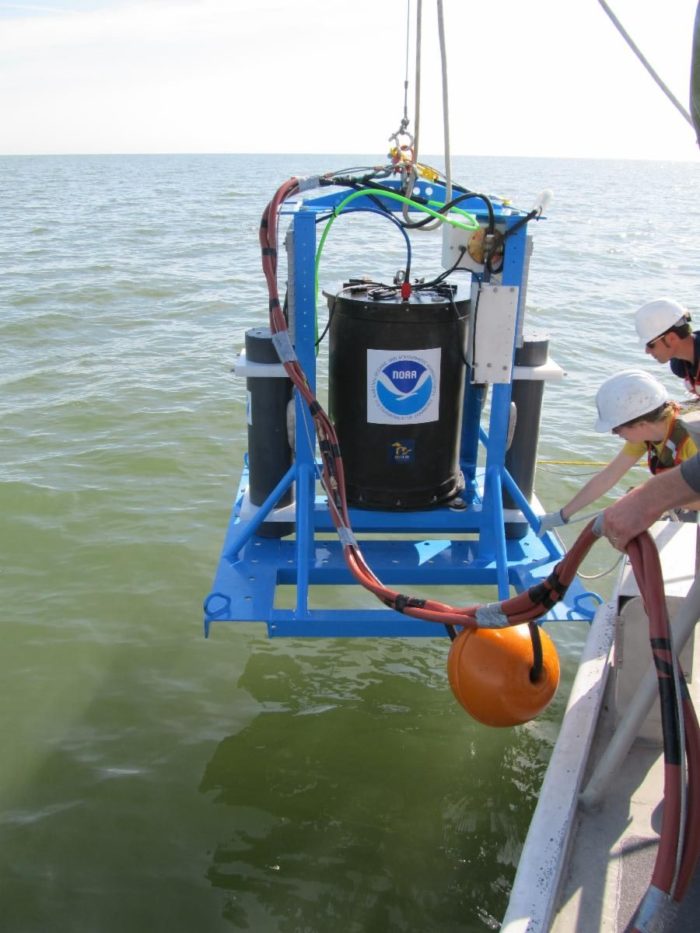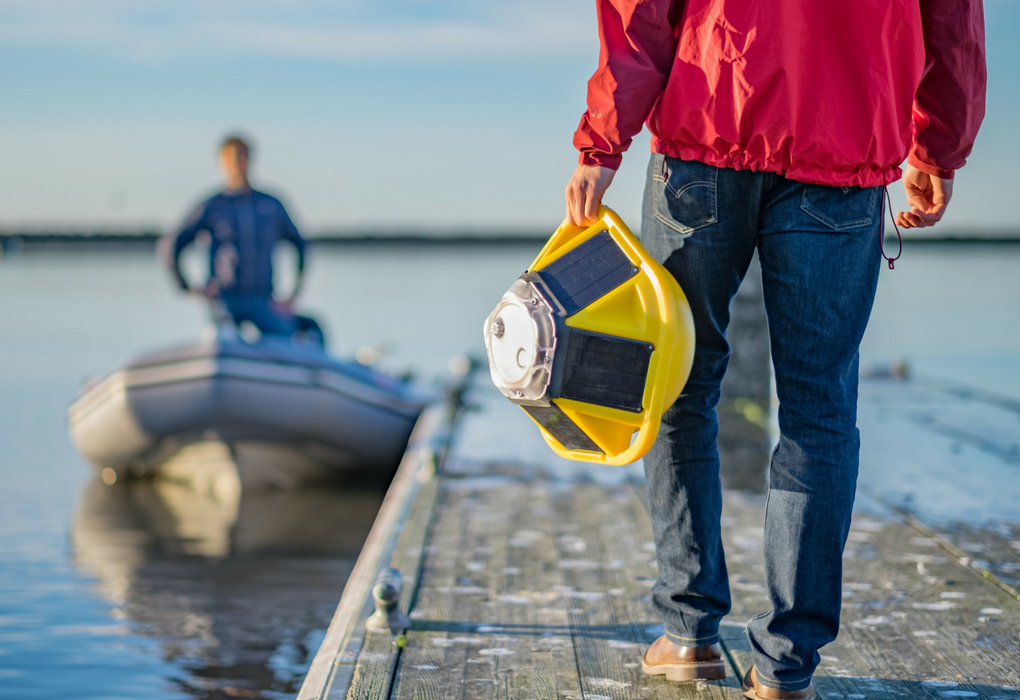Improving Ocean Data for Indigenous Coastal Communities
Congratulations to AOOS, NANOOS, and PacIOOS for receiving funds for a new project under the National Science Foundation’s Convergence Accelerator program. These three U.S. IOOS Regional Associations are collaborating with Sofar Ocean, a lower-cost buoy and sensor company, to improve access to ocean data for Indigenous communities.
Indigenous coastal communities have depended on ocean resources for
food, transportation and their livelihoods for over a
millennia. Climate change is creating more unpredictable conditions
such as changes in waves, sea level, temperature, and other factors that
have a profound impact on communities.
IOOS Welcomes DEIA Fellow
The IOOS Association is excited to announce the Diversity, Equity, Inclusion, and Accessibility Fellow for 2022: Ashley Peiffer!
IOOS is committed to improving diversity in the network and to service equity. While many efforts are underway, the IOOS community felt the need for a fellow to work full-time exploring ways to make the system more equitable, accessible, and inclusive.
Ashley received her master’s from Oregon State University in Marine Resource Management. Her graduate research focused on community engagement for fisheries in the Horn of Africa using qualitative data collection techniques, including work and study related to environmental justice. Prior to pursuing her master’s degree, she was a Science Educator for the Peace Corps in Tanzania where she worked with and lived in rural communities, developing close connections to community members and working with them to build capacity through securing grants and other resources. Her passion, experience, and skills are well suited for the Fellowship.

As the DEIA fellow, Ashley will work with the national network of RAs and the IOOS Office to:
- Amplify existing work being done at the regional and national level
- Identify opportunities to improve IOOS’ ability to serve and engage with under-served communities
- Support delivery of ocean and coastal information to diverse communities
- Build upon existing DEIA efforts, including with the development of recommendations.
Growing the National Harmful Algal Bloom Observing Network (NHABON)
| The increase in the frequency and intensity of harmful algal blooms (HABs) is impacting the economies and health of coastal communities. The National Harmful Algal Bloom Observing Network (NHABON) is designed to provide the sustained observing needed to support detection and forecasting of events. NOAA’s National Center for Coastal Ocean Science (NCCOS) and the Integrated Ocean Observing System (IOOS) partnered to establish and implement a National Harmful Algal Bloom Observing Network, using the observing system capacity of the IOOS regions. Because HABs vary from region to region depending on the species, toxins, detection methods, and impact on resources and local economies, the IOOS regions provide the ability for a national network that can be tailored to the unique needs of the regions. NCCOS additionally provides scientific and technical expertise. |

NOAA GLERL’s Environmental Sample Processor (ESP) test deployment, June 2016. The ESP tracks the levels of dangerous toxins produced by cyanobacteria that bloom each summer in the western basin of Lake Erie. (Credit: NOAA)
| Congressional support has bolstered this effort through supporting seven pilot projects for a national HAB Observing Network: · Alaska Ocean Observing System · Central and Northern California Ocean Observing System and Southern California Coastal Ocean Observing System · Gulf of Mexico Coastal Ocean Observing System · Great Lakes Observing System · Northeastern Regional Association for Coastal Ocean Observing Systems · Northwest Association of Networked Ocean Observing Systems · Southeast Coastal Ocean Observing Regional Association These projects are tailored to the needs of each region by improving regional HAB observing capabilities and providing a roadmap and lessons-learned for expanding into a sustained, national HAB network. For more information and updates on national HABs observing, click here. |
HAB Observing Group March Webinar
The next HAB OG Webinar will be on March 16, 2022 from 3:00-4:15 PM EST and will focus on “Making Community Science Work“. Our featured panelists, Dr. Steve Morton (NOAA NCCOS), Teri King (Washington Sea Grant), Chris Whitehead (Sitka Tribe) and Dr. George Bullerjhan (Bowling Green State University), will discuss the importance of community science for HABs, share examples of some successes and challenges of HAB community/citizen science, and address how an NHABON can assist with this process through data management and other efforts. We look forward to a great discussion.
Please register for the webinar here! For any questions and more information, please contact Maggie Chory (mchory@oceanleadership.org).



